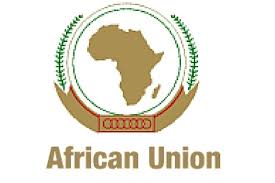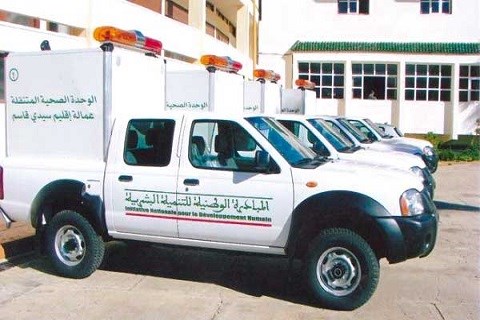Morocco’s Crown Prince Moulay El Hassan launched on Monday the construction works of the Casablanca seawater desalination plant, the largest in Africa. The facility, which has an annual production capacity of 300 million m3, will benefit 7.5 million inhabitants.
This landmark project shows the importance King Mohammed VI grants to water amidst the current context marked by a significant rainfall deficit and high pressure exerted on conventional water resources in various regions of the Kingdom.
It is also part of the $ 14.3 billion National Drinking Water Supply and Irrigation Program 2020-2027 launched by the Monarch in 2020. The Casablanca desalination plant will meet the growing demand for water in Greater Casablanca, the cities of Settat, Berrechid, Bir Jdid and the surrounding regions. It will be built in two phases on a 50-hectare site and will require an investment of over $652 million through a public-private partnership.
During the first phase, scheduled to be commissioned by the end of 2026, the station should reach a capacity of 548,000 m3 of treated water per day (200 million m3 per year), expandable, in a second phase (planned for mid-2028) to 822,000 m3 per day, or an additional 100 million m3 per year, including 50 million for agricultural use.
This impressive project will use the reverse osmosis technology for water treatment and will require the installation of a system to transport the drinking water produced thanks to three pumping stations, three storage tanks and a distribution network of almost 130 km of supply pipes. This drinking water transport system necessitates an investment of over $ 300 million financed by public funds.
The latest-generation Casablanca desalination plant will comprise two 1,850-meter-long seawater intake pipes, a 2,500-meter-long discharge outfall, reverse osmosis desalination facilities (pressure filters and microfilters), a sludge treatment unit, a control and management center and pumping stations, in addition to a storage reservoir for the drinking water produced.
With a drinking water production cost estimated at 4.48 DH/m3, the future plant will be 100% powered by renewable energy and its management will be fully automated.
Following the example of an operating desalination plant in Agadir and a developing one in Dakhla, Casablanca’s plant will allocate 50 million cubic meters to irrigation.



